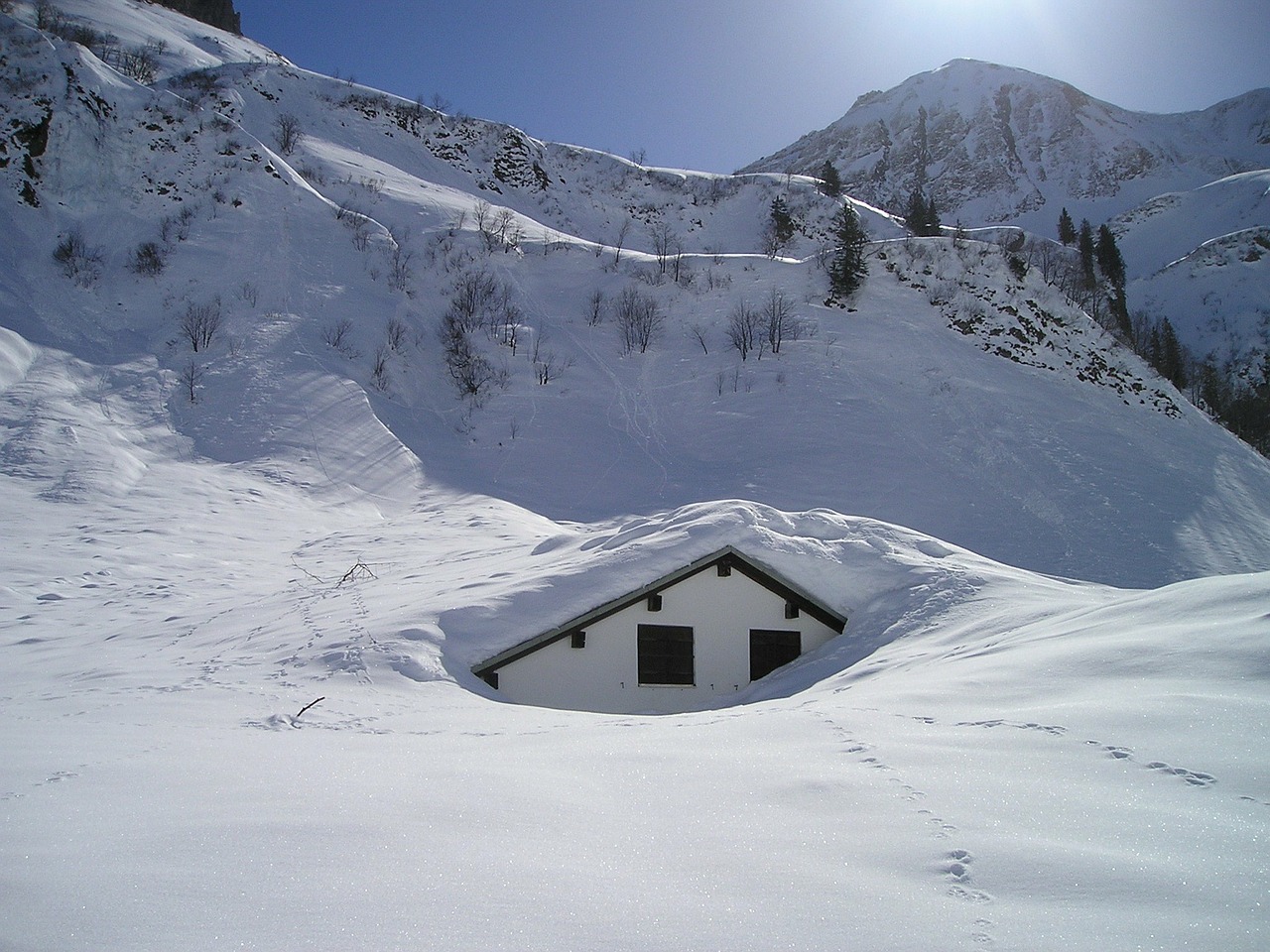Confused that my pillow and covers are cold as ice
I turn to see the window and door are bright.
It was then that I knew a deep snow had come in the night
When I suddenly hear the bamboo crack
Bai Juyi
Bai Juyi (772–846) lived in the aftermath of the An Lushan Rebellion, living though the reign of eight or nine emperors. He occasionally found himself in trouble because of his criticisms of things he believed were wrong. Nevertheless, he managed to walk the tightrope of imperial politics and he held important positions as head of several prefects. In 832, at the age of 60, he retired to a Buddhist monastery and worked on collecting his numerous poems. He died in 846.
Making sense of Night Snow
What are we to make of this short poem?
It conveys the sense of a moment when suddenly (讶, surprised) our poet is awoken from sleep and, finding his covers cold and the room bright, realizes that a deep snow has come in the night because he hears the bamboo crack (竹 声, the sound of bamboo) under the weight of the snow.
Stuffier poets like Du Mu (803–852) criticized Bai Juyi’s simple sensual style, observing that the common people write them on walls as graffiti, and mothers and fathers teach them to their children.
Bai Juyi’s style greatly influenced Japanese poetry, especially 17th century poet Matsuo Bashō. Indeed, the poem of reminiscent of Basho’s “The Sound of Water”.
Original Chinese and Pinyin
夜 雪
已 讶 衾 枕 冰
复 见 窗 户 明
夜 深 知 雪 重
时 闻 折 竹 声
Ye Xue
Yi ya qin zhen bing
Fu jian chuang hu ming.
Ye shen zhi xue chong
Shi wen she zhu sheng.













